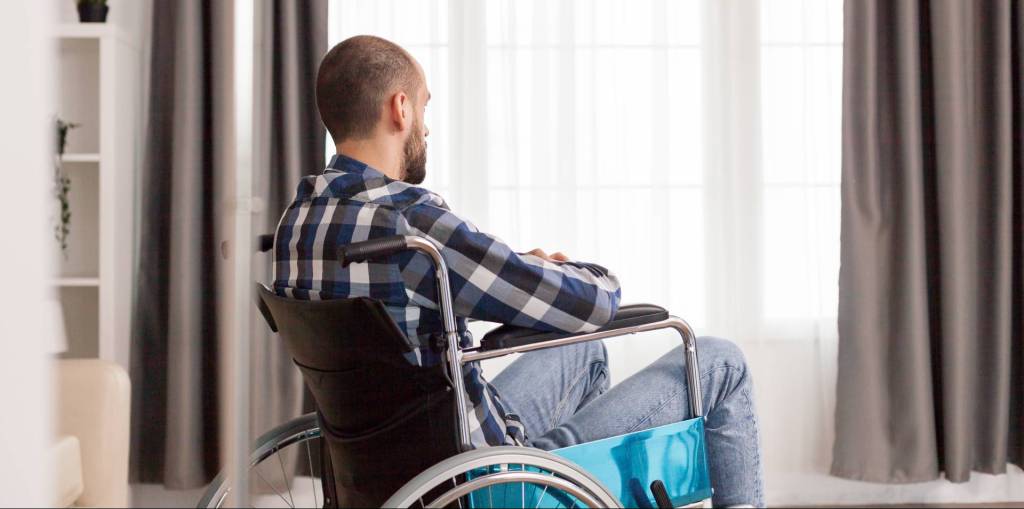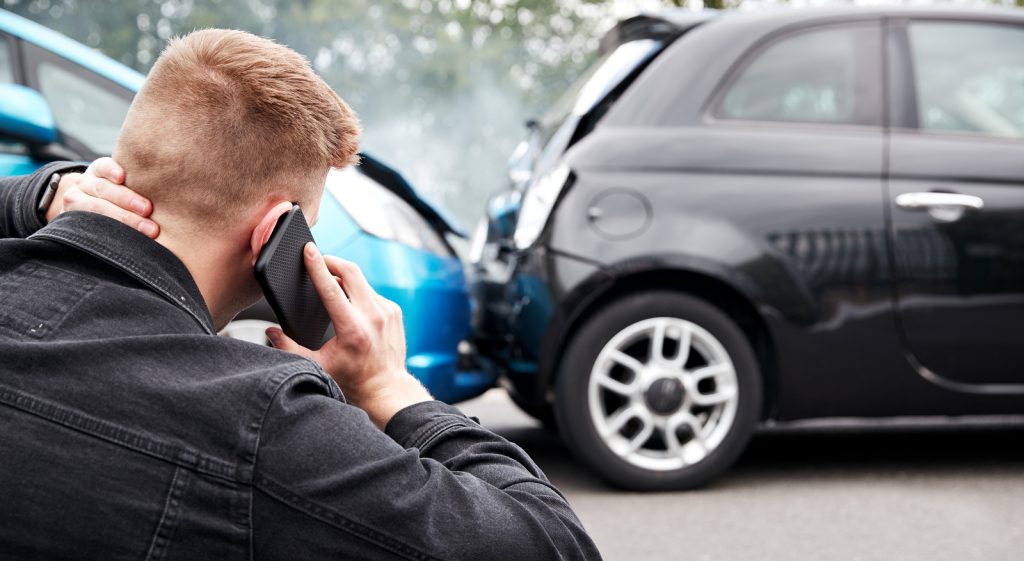What Are Your Rights as a Motorcyclist?
If you are injured while you’re riding a motorcycle in Nova Scotia because someone else was negligent, you should try to get legal advice about your specific situation as quickly as possible – including your right to compensation – from a motorcycle accident lawyer in Halifax. But we wanted to provide this information to answer the most common questions we are asked about motorcycle collisions.
Most people know that you must be properly licensed to operate a motorcycle in Nova Scotia. But what does proper licensing entail? What are your legal rights and responsibilities as a motorcyclist in Nova Scotia? If a negligent driver injures you while you’re riding a motorcycle, what is your recourse?
If you will continue reading this brief discussion of motorcycle licenses, motorcycle accidents, and your rights under the law as a motorcyclist in Nova Scotia, you will find the answers you may need.
Who Can Operate a Motorcycle in Nova Scotia?
If you decide to drive a motorcycle in Nova Scotia, you must have a separate motorcycle operator’s license or have an endorsement added to your regular driver’s license. An endorsement allows you to operate both a motorcycle and a passenger vehicle.
Visitors and new residents with a motorcycle license or a driver’s license with an endorsement from another Canadian province or another nation may operate a motorcycle in Nova Scotia for up to ninety days before they must obtain a Nova Scotia motorcycle license or endorsement.
How Do You Obtain a Nova Scotia Motorcycle License?
In order to qualify for a motorcycle license in Nova Scotia, you must be age 17 or older, pass a written test and a vision test, and pay a fee to the Nova Scotia Registry of Motor Vehicles.
The first step is obtaining a Class LM license, which is a learner’s permit that makes you eligible for a Class 6N permit. You must hold a Class LM license for six months and pass an advanced skills test before you will be issued a Class 6N permit.
To obtain a Class 6 motorcycle driver’s license (a “regular” motorcycle driver’s license) in Nova Scotia, you must hold the Class 6N permit for two years, complete an approved motorcycle driver improvement program, and provide proof that you have completed that program.
How Do You Obtain a Motorcycle Endorsement?
If you hold a Nova Scotia driver’s license, an endorsement that lets you operate a motorcycle can be added to your driver’s license. The process of acquiring an endorsement begins with a written skills test and a practical skills test that will require you to ride your motorcycle.
After you pass these tests, you will be issued a learner’s motorcycle permit. To acquire a motorcycle endorsement on your driver’s license, you must:
- obtain the learner’s motorcycle permit
- hold that permit three months (or one month if you complete an approved training course)
- pass an advanced skills road test
There are two types of motorcycle endorsements: A and D. If the letter “A” is added to your driver’s license, you may operate any motorcycle. If the letter “D” is added to your driver’s license, you may only operate motorcycles with an engine size of 100 cc’s or smaller.
What Are Your Rights After a Motorcycle Accident?
Even if you have passed all of the written and road tests, with over 600,000 registered vehicles in Nova Scotia, it is far too easy to get involved in a motorcycle accident.
If you’re injured on a motorcycle because someone else was negligent, you are entitled by law to compensation for medical expenses, lost wages, and related damages. However, you may have to prove you were injured – and that the other driver was negligent – to recover that compensation.
You will need to contact a motorcycle accident lawyer at once for a free case evaluation. If you take legal action, your lawyer will review the evidence, speak with witnesses, and hold the driver who has injured you responsible for your medical expenses and other losses.
What Should You Do When an Accident Happens?
After a motorcycle accident, obtaining medical help is your number one priority. After you have been examined and treated for your injury or injuries, your next priority is taking your case immediately to a Halifax motorcycle accident lawyer.
If anyone is injured in a motorcycle accident, that accident must be reported. If you subsequently take legal action, you’ll need a copy of the written accident report from the police. If you’re not taken to a hospital, you must visit a hospital or doctor for a medical exam – immediately.
Undetected injuries, if left untreated, often emerge days or even several weeks later as serious medical conditions. Moreover, an immediate medical examination creates medical records that prove you were injured in a specific accident and not in another place, time, or way.
How Can You Put Yourself in the Best Legal Position?
Most motorcycle accident claims are settled out of court, and strong evidence that supports your injury claim may lead to a speedy settlement. When an accident happens, no lawyers will be there to help, so to put yourself in the best possible legal position, take these measures:
- Call for medical and police assistance, and exchange contact and insurance details with the other driver.
- Take photographs of the accident scene, your own injuries, and the damage to the motorcycle and the other driver’s vehicle.
- If any witnesses saw the accident, ask for their names and personal contact details. If you take legal action, your Nova Scotia motorcycle accident lawyer may ask those witnesses to provide testimony or statements.
What Else Should Motorcyclists Know?
Because motorcyclists are not inside a vehicle, they are exposed to risks that do not endanger drivers and passengers in trucks or automobiles. Protection on a motorcycle is minimal, so you must ride cautiously, keep your motorcycle maintained, and take all reasonable safety measures.
Traumatic brain injuries, spinal injuries, injuries that require amputations, and paralysis are among the injuries frequently sustained when a motorcyclist is struck by a negligent car or truck driver. These injuries require substantial compensation.
McKiggan Hebert Provides Effective, Aggressive Representation
If you have been injured by a negligent driver while motorcycling in the Halifax area – or if that happens to you in the future – schedule a free case evaluation with a seasoned motorcycle collision injury advocate at McKiggan Hebert by calling our offices in Halifax at 902-423-2050.
One of our lawyers will provide personalized advice about your legal rights and options with no cost or obligation.
If you proceed with a personal injury claim, you will pay no lawyer’s fee until you are compensated, and the legal team at McKiggan Hebert will fight aggressively and effectively for the compensation you need and deserve.













